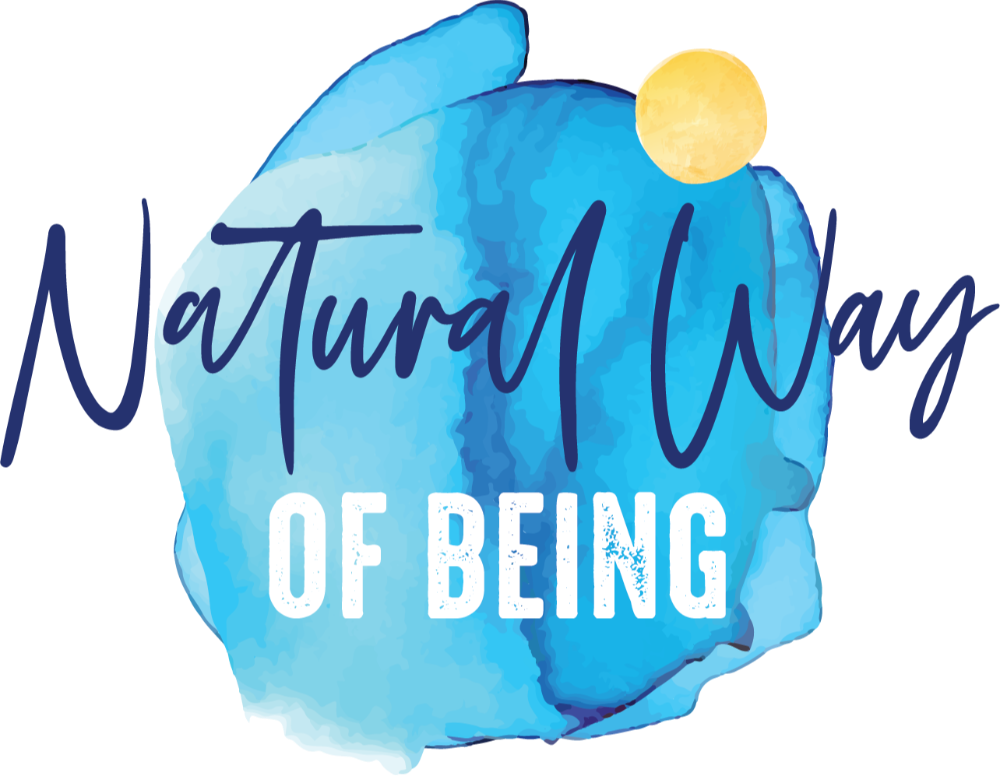Celebrating Coyote Medicine
Oct 10, 2023Video Summary:
The coyote, in my tradition and in many Native American and shamanic traditions, is the trickster that helps you see the things you have difficulty accepting about yourself. He shows you the things that you don't want to look at. He does this so you accept the things you would like to have for yourself.
The coyote's healing power is he brings awareness into unconscious patterns and issues. He shines light into the darkness so you can see the things getting in your way, the things that are eating your lunch.
Coyote could be saying, “You offered an intention for more love and abundance in your life. Last year, you asked for community and to be closer to your child. Here's the thing. You have this pattern that pushes love away. You need to look at this so you can receive love. Then you can accept the things Spirit has been trying to provide to you.”
It's a very powerful medicine, but it's challenging because we have to look at something that may not be pleasant to look at. So it's not typically a popular medicine. One of the reasons I suspect it's not popular is it tends to evoke some strong feelings.
Continuing with the same example, we might experience coyote medicine as, “Oh my God, so that's what I've been doing. I've been pushing love away. This person tried to love me and yet I pushed her away.” It can be very painful and sad. You may have powerful feelings of guilt, shame, regret, or loss.
And yes, we do need to feel the feelings to heal. But we do not need to beat ourselves up or punish ourselves over what we looked at. Our limiting beliefs often tell us that we've done something wrong. And, we're conditioned to punish ourselves when we believe we’ve done something wrong.
We might think, “I've been doing this pattern and that's wrong” Or it may be, “I've been bad or I’m a screw-up.” Accordingly, there's an injustice here. I've done something wrong that requires justice. I need to be punished.” And since I'm an adult, I'm going to need to inflict it upon myself.
We likely learned it from our parents or teachers punishing us. Along with the punishment, we often go through this process of paying penance or paying our debt as a way to manage the feeling that we've done something wrong. We're reconciling the injustice. We're making it right and redeeming ourselves.
Another interesting thing is that we tend to punish ourselves the same way that we were punished and with the same energy. In therapy, it’s sometimes referred to as the internalized parent. So if I've been punished abusively or harshly, that's likely how I punish myself.
Perhaps when we were willful children, stubborn adolescents, or know-it-all young adults, we needed punishment to shock us out of our willfulness or denial so we could see what we were doing to ourselves or others. But with coyote medicine, that's no longer needed, because we've already looked at ourselves.
One alternative gets into our belief systems and way of seeing it. We have a propensity for the negative in our culture so we tend to look at what's wrong, what we did wrong, and how we've been bad. And of course, we’re extra bad if it's affected people that we care about- as human as that may be.
So when you work with coyote medicine it’s important to be aware of these tendencies. You just looked at something that's pretty revolutionary and scary so you may have a tendency to get down on yourself for the next couple of weeks. If you see yourself doing it, just say, “Okay, I don't need to do that.”
But in addition to all that, there's a real opportunity to look at what we just did right. We just had the courage to look at something that was way out of our comfort zone and difficult for us to accept. We had the courage, strength, and willingness to take an honest look at ourselves.
I would argue that participating in coyote medicine is actually more of a heroic act than something you did wrong. Perhaps it’s a time to celebrate that you've just disillusioned yourself and now you can get back on the right course. It's 180 degrees off from seeing what's wrong. Let's look at what's right.


